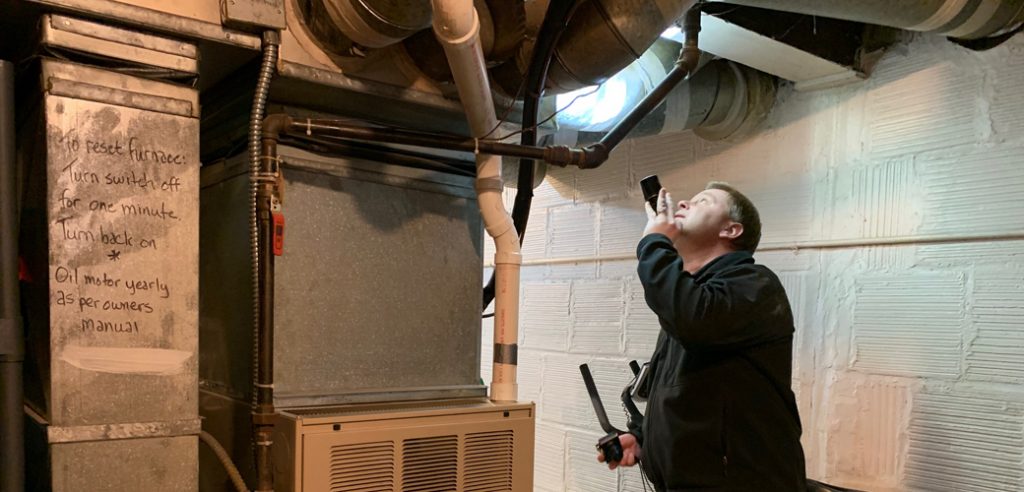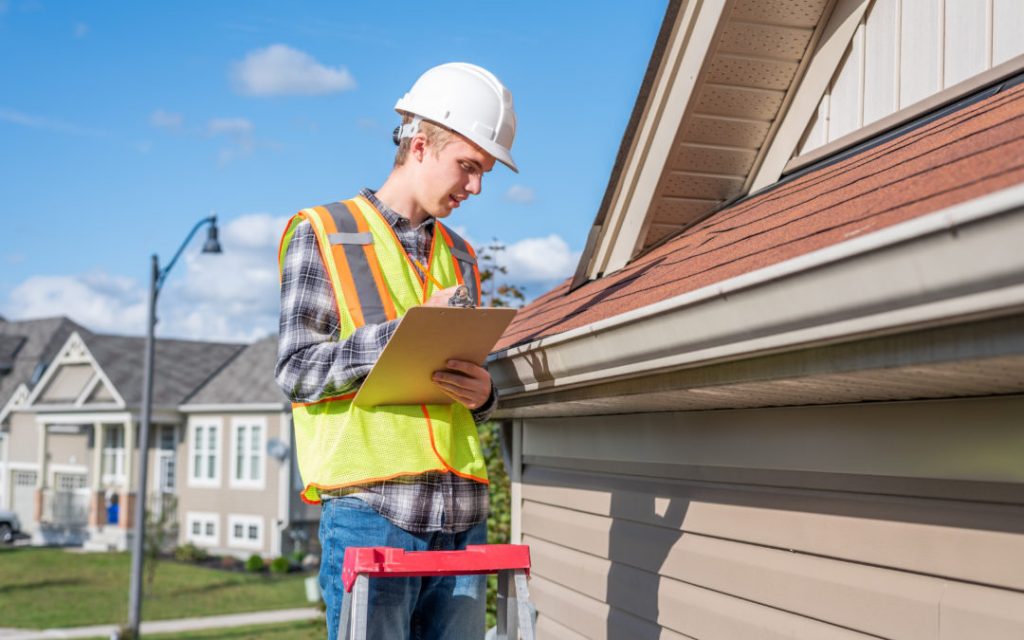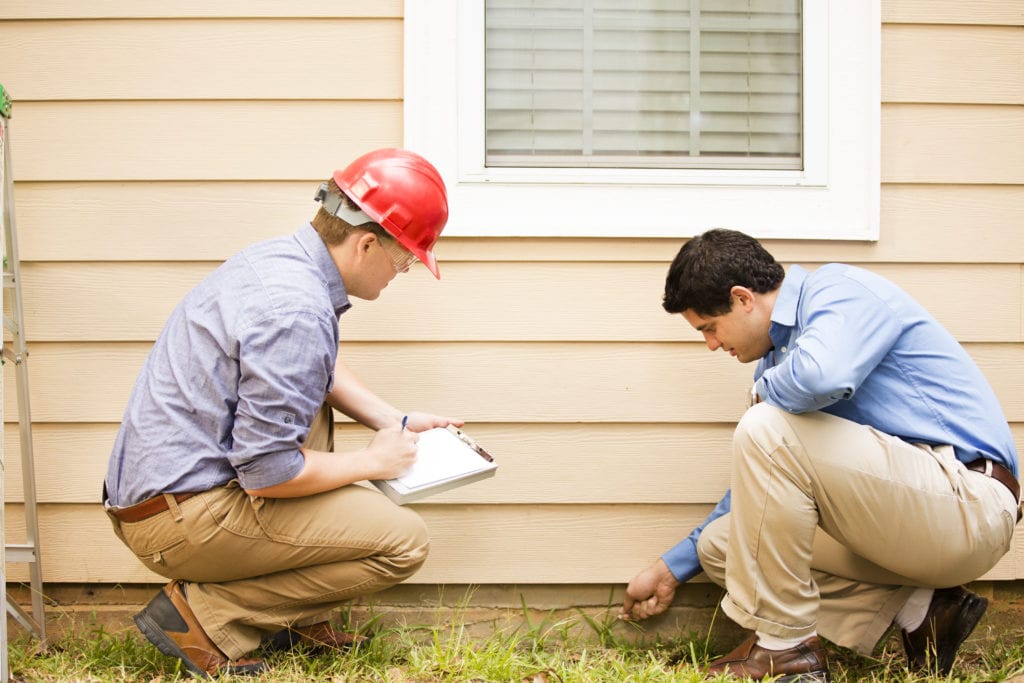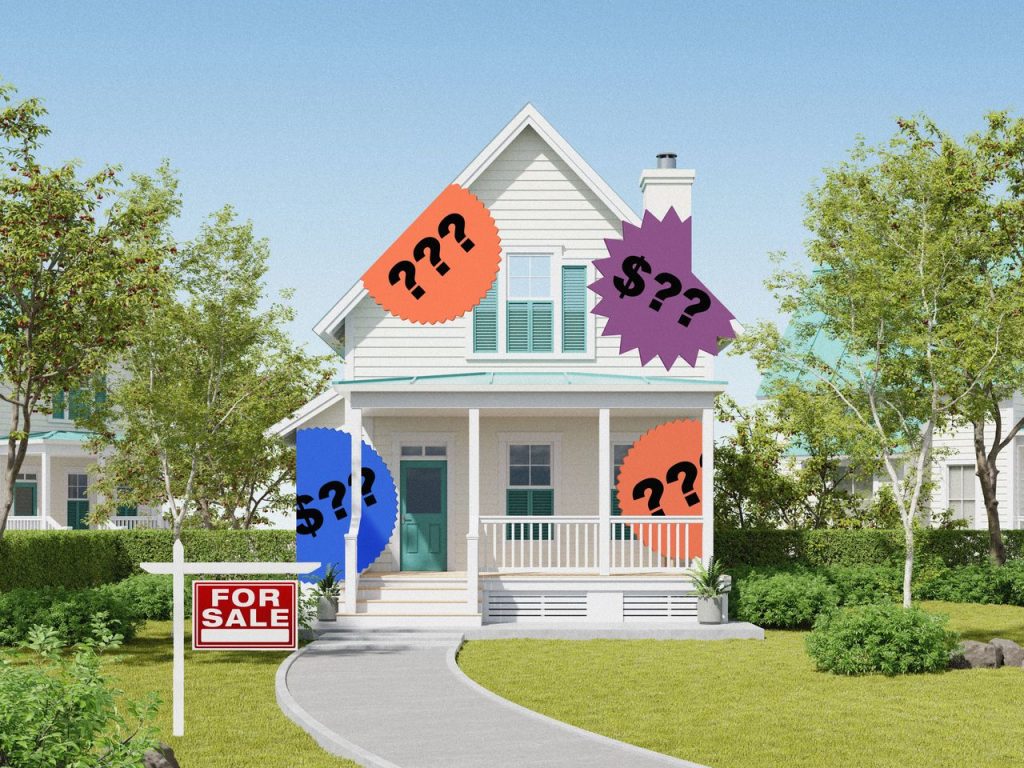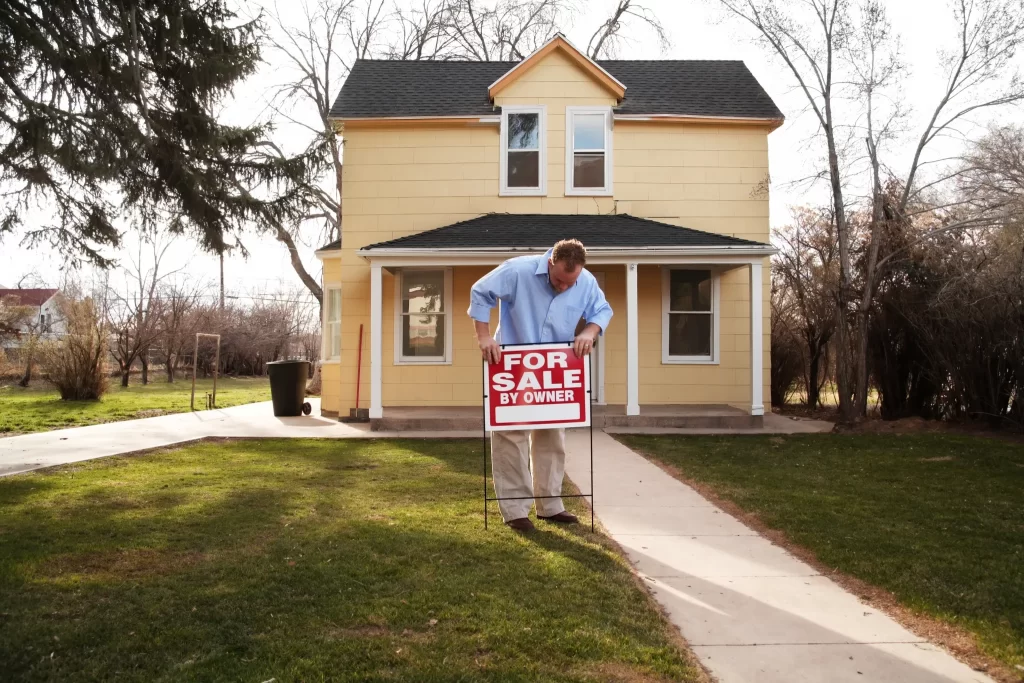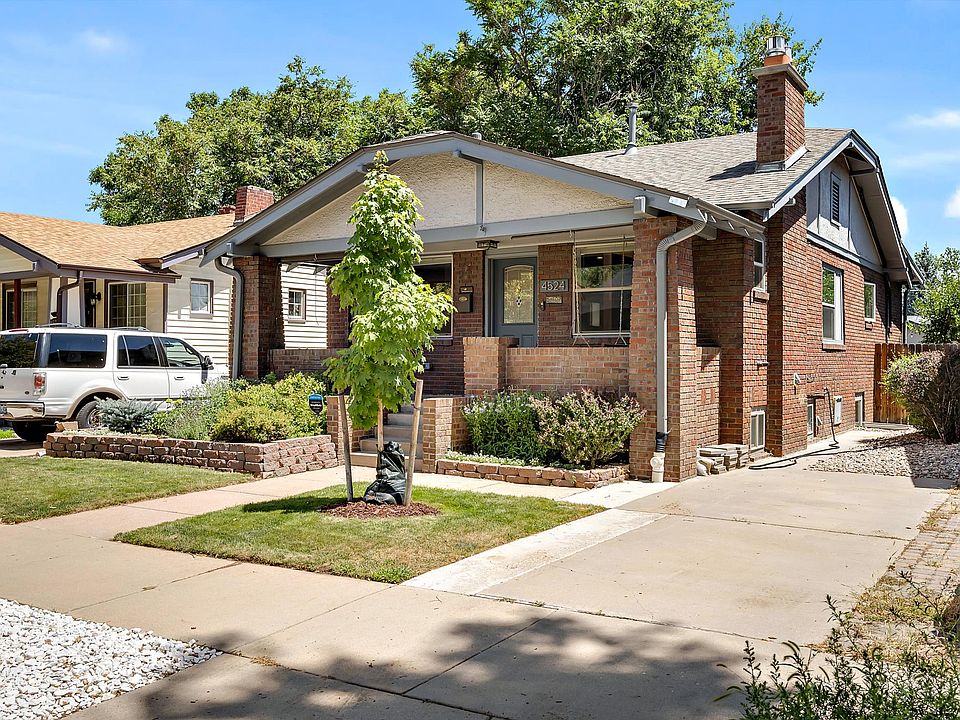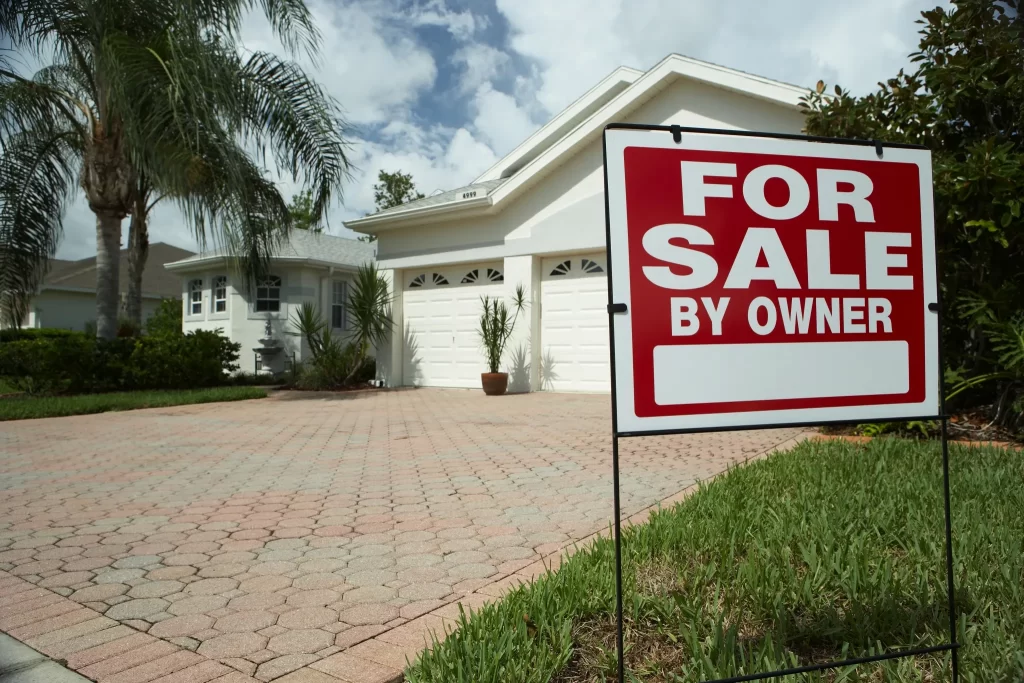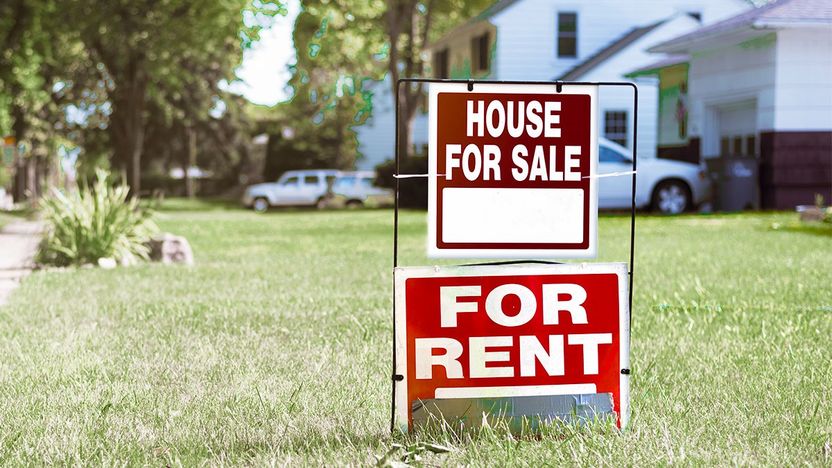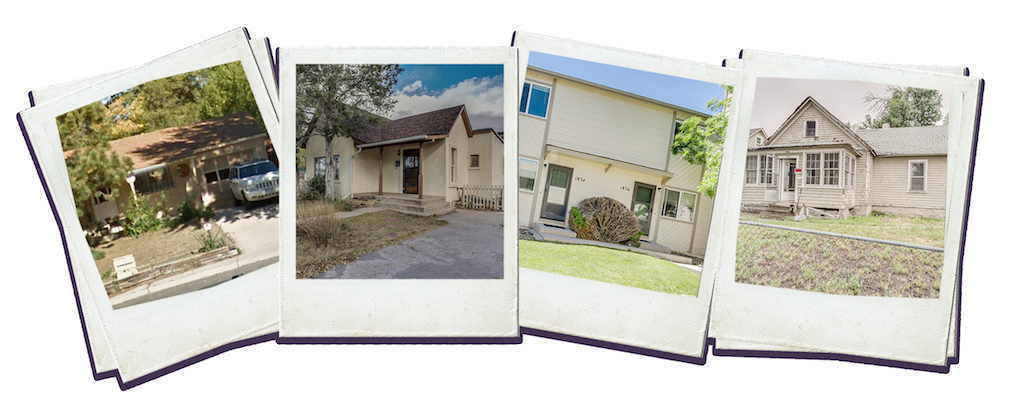If you’re a homeowner in San Antonio considering selling your home, the option to sell for cash might have crossed your mind. Perhaps you’re seeking a quick sale due to personal circumstances, or maybe you want to avoid the traditional real estate process with its potential hiccups and delays.
The allure of a straightforward transaction is tempting, isn’t it? But what exactly does it mean to sell your house for cash, and how can it impact your sale?.
Selling your house for cash means finding a buyer who has the funds available without needing mortgage approval – this can significantly speed up the closing process.
This article will dive deep into both the shiny perks and glaring pitfalls that come with accepting cold hard currency for your property.
You’ll learn everything from reducing fees and skipping repairs, to navigating lower offers and sidestepping scams.
After reading this blog post, you’ll be equipped with crucial knowledge that could shield your wallet and peace of mind during the sale of your San Antonio home.
Ready to discover if a cash offer is right for you? Let’s explore together.
Quick Summary
- Cash sales often mean quick closings, taking days instead of months.
- Selling for cash can avoid repairs and staging, saving time and money.
- Reduced closing fees and holding costs are benefits of cash sales.
- A lower selling price may happen due to limited buyer competition for cash offers.
- Watch out for scams in the cash buying market; always check buyer credibility.

What Is a Cash Sale and Why Do People Consider It?
A cash sale is when you sell your house directly to a buyer who has the money upfront. They don’t need a loan from a bank or mortgage lender.
This type of sale is simple and quick.
People choose cash sales for many reasons. The main one is speed. Deals can close in just days, not months like with traditional sales.
No waiting for the buyer’s loan approval means less stress for you.
Another big reason people go for cash offers is convenience. You can sell your home as-is, without fixing anything up first. When selling a house for cash, there are fewer steps involved and often lower closing costs too.
[gravityform id=”1″ title=”true”]
Plus, if time or flexibility matters to you, selling your house without financing gives you more control over when the deal closes.
Cash buyers are often investors looking to buy homes quickly and at a lower price than the market rate which might mean selling below what some expect their home’s value to be.
However, this trade-off comes with reduced hassle and certainty of sale making it tempting for those needing to move fast or avoid complications that come with traditional real estate transactions.
Pros of Selling a House for Cash
In a cash sale, you can expect a faster closing process, with no financing contingencies to slow things down.
You also won’t have to worry about making any repairs or staging the home for potential buyers.
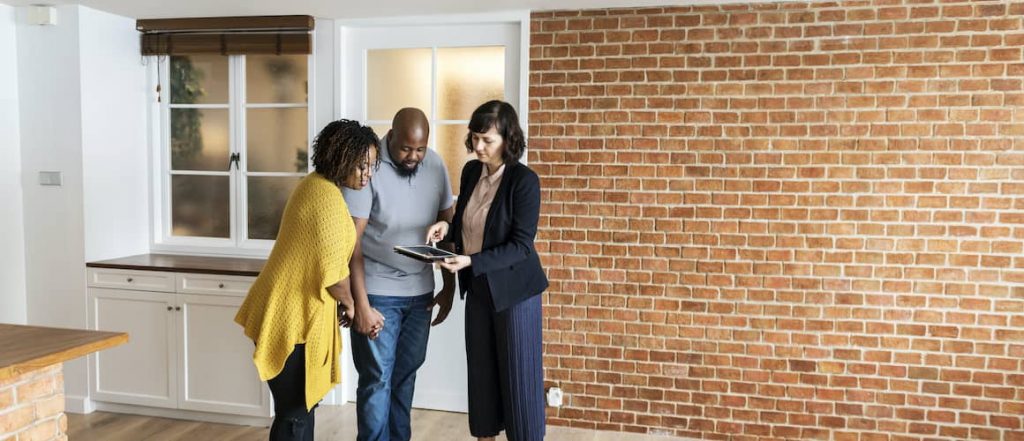
Faster closing
A cash sale means a quick process, closing in days instead of months.
When selling for cash, there are fewer complications and requirements.
On average, traditional methods can take 30-45 days to close, while a cash sale can close within 7-14 days.
[gravityform id=”1″ title=”true”]
No repairs or staging
Selling your house for cash means no need to fix or upgrade anything before selling.
Cash buyers are interested in purchasing properties as they are, saving you the time and hassle of conducting repairs or staging the house.
This can be a significant advantage if you want to sell quickly without investing additional time and money into the property.
Additionally, avoiding repairs and staging also means that you can save on these costs, which would otherwise eat into your proceeds from the sale.
This allows for a more straightforward process and enables you to swiftly move forward with selling your home, making it an attractive option for those looking to streamline the selling process.
Reduced closing fees
Cash sales often come with reduced closing fees, saving you money on the overall transaction. Without the need for bank financing, various traditional closing costs such as loan origination fees and mortgage insurance premiums are eliminated.
This means more money stays in your pocket when selling your house for cash, allowing you to make a smoother transition to your next home or investment opportunity without being burdened by hefty closing expenses.
Smaller holding costs
Smaller holding costs are a benefit of selling your house for cash, as you won’t have to worry about ongoing expenses while waiting for the sale to close.
This means no more monthly mortgage payments, property taxes, insurance, or utility bills to cover once the property is sold.
By avoiding these expenses, you can keep more money in your pocket and reduce financial strain during the selling process.
Selling for cash can lead to faster closing times, reducing the duration of holding costs associated with maintaining a property on the market.
Without extended marketing periods or uncertain financing arrangements dragging out the selling process, you can minimize the amount spent on maintenance and upkeep.
[gravityform id=”1″ title=”true”]
Flexibility
Selling your house for cash offers you flexibility in the selling process. You have more control over the terms and conditions of the sale, allowing you to negotiate timelines and other aspects that suit your needs.
With a quick closing, you can plan your move more efficiently without waiting for traditional financing processes to complete.
This flexibility gives you the freedom to sell on your own schedule and avoid the lengthy procedures often associated with conventional home sales.
Accepting a cash offer provides the opportunity to sell your house as-is, eliminating the need for repairs or improvements before closing.
This means less hassle and stress for you as a homeowner, making it easier to move forward with selling your property without having to invest additional time or money into fixing it up.
Cons of Selling a House for Cash
While selling your house for cash can offer a quick and hassle-free transaction, it often comes at the cost of accepting a lower selling price. Additionally, there’s the risk of potential scams and limited market exposure when selling to cash buyers.
Low selling price
Selling your house for cash may result in a lower selling price due to investors aiming for properties below market value.
This undervaluation can impact the proceeds of the sale, leading to a less favorable financial outcome compared to traditional selling methods.
It’s important to carefully consider this aspect and weigh it against the advantages of faster dealing times and reduced conditions for sale when deciding whether to accept a cash offer for your property.
Considerations when selling for cash also include potential fees and costs that could eat into the final amount received from the sale, creating further impact on the selling price.
[gravityform id=”1″ title=”true”]
Fees and repairs
When selling your house for cash, be aware that fees and costs can reduce your final sale price.
You might need to cover repairs and improvements before the sale, impacting your overall profit.
Consider these potential expenses when weighing the benefits of a quick cash sale against traditional methods.
As you navigate the process of selling for cash, remember that fees and repairs could diminish your proceeds. It’s essential to factor in these costs upfront, as they may affect your decision-making.
Lack of competition
Selling your house for cash may lead to a lack of competition, meaning fewer potential buyers could be interested.
This can result in limited options for selling the property quickly and at a competitive price.
With fewer buyers in the market, there may be less opportunity to attract multiple offers or drive up the selling price of your home.
When considering a cash sale, it’s important to weigh the reduced competition against other advantages such as faster closing times and fewer conditions for sale.
Understanding this aspect can help you make an informed decision about whether selling your house for cash is the right choice for you.

Potential scams
Be cautious of potential scams when selling your house for cash. There is a risk of fraudulent buyers who may offer quick, all-cash deals but have ulterior motives. Always verify the credibility of the buyer and consider seeking legal advice to ensure a secure transaction.
Protect yourself by thoroughly researching potential buyers and being wary of any red flags that could indicate a scam.
Ensure a secure transaction by conducting thorough due diligence on potential cash buyers to safeguard against potential scams.
Always be vigilant about the legitimacy of offers and seek professional guidance if you encounter any suspicious behavior or requests during the selling process.
Additional Real Estate Advice:
- Working With A Realtor To Sell Your House in San Antonio
- Tips For Selling Your House For Cash Quickly
- is Selling Your House as is a Good Idea
- How To Sell My House Fast For Cash in San Antonio
- is Now a Good Time to Sell a House
- Can You Sell a House With Termite Damage
- is FSBO a Good Idea
- If I Sell My House Will I Lose My Food Stamps
- Sell House For Cash Pros and Cons
- is Selling Your Home by Yourself a Good Idea
- is it Better To Sell Your Home For Cash
- is Selling Your Own Home Worth it
- The Benefits of Selling a House Fast For Cash in San Antonio
- Can I Sell My House To My Friend Without a Realtor
- Why isn’t My Home Selling Faster
- Is Selling Your Home and Renting a Good Idea
- is it a Good Idea to Sell My House Now
- is it Safe To Sell Your Home For Cash
- Can You Sell a House As Is Without Inspection
- is Selling Your House a Capital Gain
- Need To Sell My Home Fast Pros & Cons
- How Much Does it Cost To Sell a House in Texas
- Can I Sell My Parents Home With a Power of Attorney
- Can You Sell a House With Mold in Texas
- Can You Sell Your Home With Code Violations in Texas
- Can I Sell My Home and Still Live it Rent-Free
- Can You Sell a House With a Mortgage
- Top Reasons To Sell Your House Fast
- Should I Sell My House Subject To
- How To Sell Your House Fast Without a Realtor
- Can You Sell a House With Unpaid Property Taxes
- Alternative Ways To Sell A House Quickly
- Top 10 Ways To Sell Your Home Quickly
- is Selling Your Home To a Real Estate Investor a Good Idea
- Is It a Good Time to Sell My House Now
- Who Buys Houses For Cash Near Me
- Paperwork For Selling a House Without a Realtor
- I Lost My Job Should I Sell My House
- Can I Refuse To Sell My House To an Investor
Limited market
The limited market for cash buyers means fewer potential purchasers interested in making an offer, which may reduce competition and limit the options available to sellers.
This can result in a lower selling price than what could be achieved through traditional selling methods, as there are fewer competing offers driving up the price.
It’s essential for homeowners in San Antonio to carefully weigh this factor when considering a cash sale, as the reduced pool of potential buyers can impact the final proceeds from the sale.
As you consider selling your house for cash, keep in mind that a limited market could mean less competitive bidding and potentially lower offers compared to listing on the open market with financing options available.
In Conclusion
Selling your house for cash offers a fast closing process and fewer costs. However, it may result in a lower selling price and limited market competition. Consider the pros and cons carefully before making a decision.
Be cautious of potential scams when dealing with cash buyers. Always weigh your options wisely when deciding how to sell your home.
[gravityform id=”1″ title=”true”]

FAQs
1. What are the pros of selling my house for cash?
Selling your house for cash means you can have a quick closing without waiting for buyer financing, sell your house as-is, and avoid realtor fees.
2. Are there risks when accepting a cash offer for my house?
Yes, there are risks such as selling below market value or dealing with less reputable buyers who could back out last minute.
3. Can I safely sell my house for cash near me?
You can safely sell your house by doing research on cash buyers or investors and making sure everything is legal and clear before selling.
4. What does it mean to sell a house without financing?
It means that the person buying your home pays all at once instead of getting a loan from banks which makes the process faster.
5. How do I know if accepting a cash offer is right for me?
Consider how quickly you need to sell, if you’re okay with possibly lower offers, and if you want to avoid fixing up your home before selling.
6. What are disadvantages of selling my home for cash?
Some downsides include getting less money compared to traditional sales because buyers offering cash often want deals in return for speed and convenience.
Cash For Houses San Antonio?
We Pay Cash For Houses in San Antonio Regardless of Condition, Location, or Price!
Get a cash offer for your San Antonio home by filling out the short online form below.
Our team of savvy real estate problem-solvers is here to guide you through our fast home selling process and give you a fair offer on your home!
[gravityform id=”1″ title=”true”]
